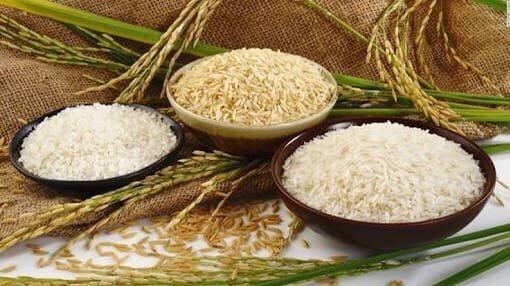Friday, 27 February 2026

In a move that epitomizes the perennial tension between domestic exigencies and global economic realities, the Philippines is contemplating an extension of its rice import prohibition until April 2026. Agriculture Secretary Francisco Tiu Laurel Jr. disclosed on Monday, during deliberations before the House of Representatives, that a narrow one-month window in January will permit the import of a mere 300,000 tons of rice—a measure intended to safeguard local agrarian livelihoods against the vicissitudes of plummeting paddy prices.
Yet, this ostensibly parochial policy is poised to reverberate across international rice markets. Benchmark rice prices in Asia, already languishing at an eight-year nadir, are susceptible to further erosion as India, the world’s preeminent exporter, anticipates a prodigious output exceeding 30 million tons in the 2025/26 season. Vietnam, the world’s second-largest purveyor of rice, finds itself particularly imperiled; from January to August, the Philippines constituted its principal market, importing 2.9 million tons. Consequently, prices for Vietnam’s 5 per cent broken rice, which retreated from $389 per ton in August to $372.1 in September, may yet decline further.
Thus, in the intricate tapestry of global agronomy, the Philippines’ protective stance, though salutary for its farmers, underscores how sovereign policy decisions—rooted in domestic imperatives—can exert outsized influence on the delicate equilibrium of international commodity markets.